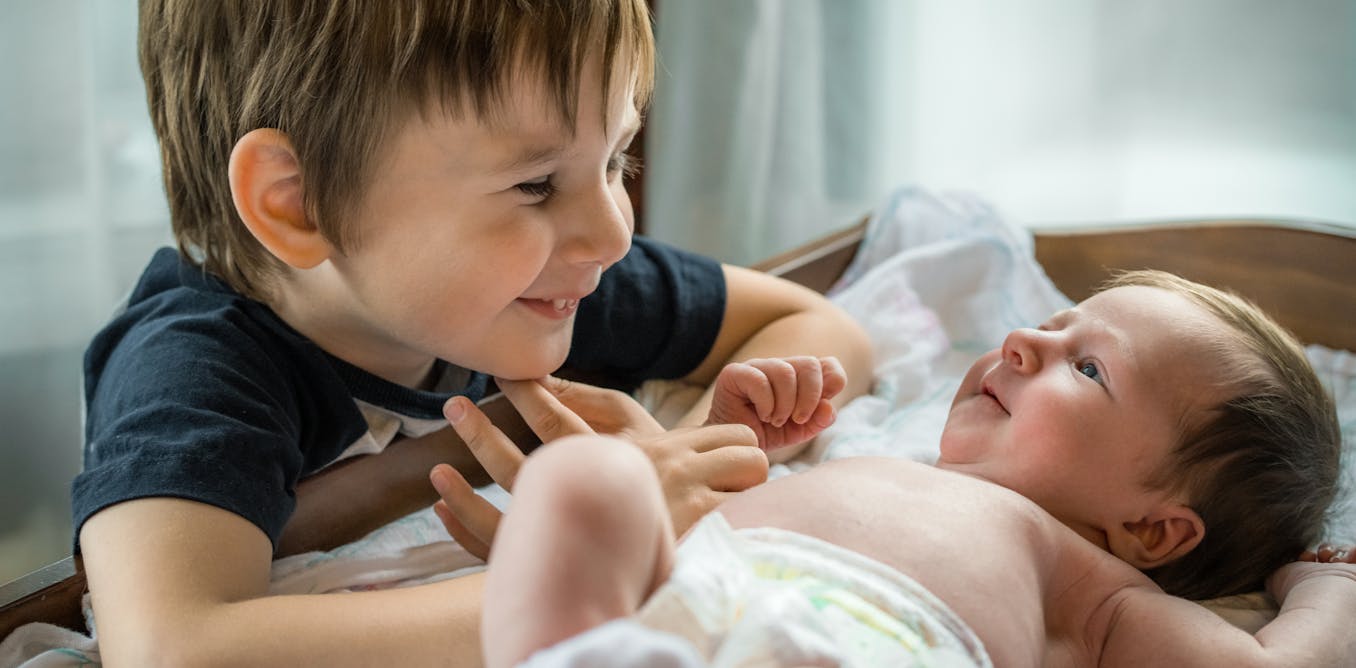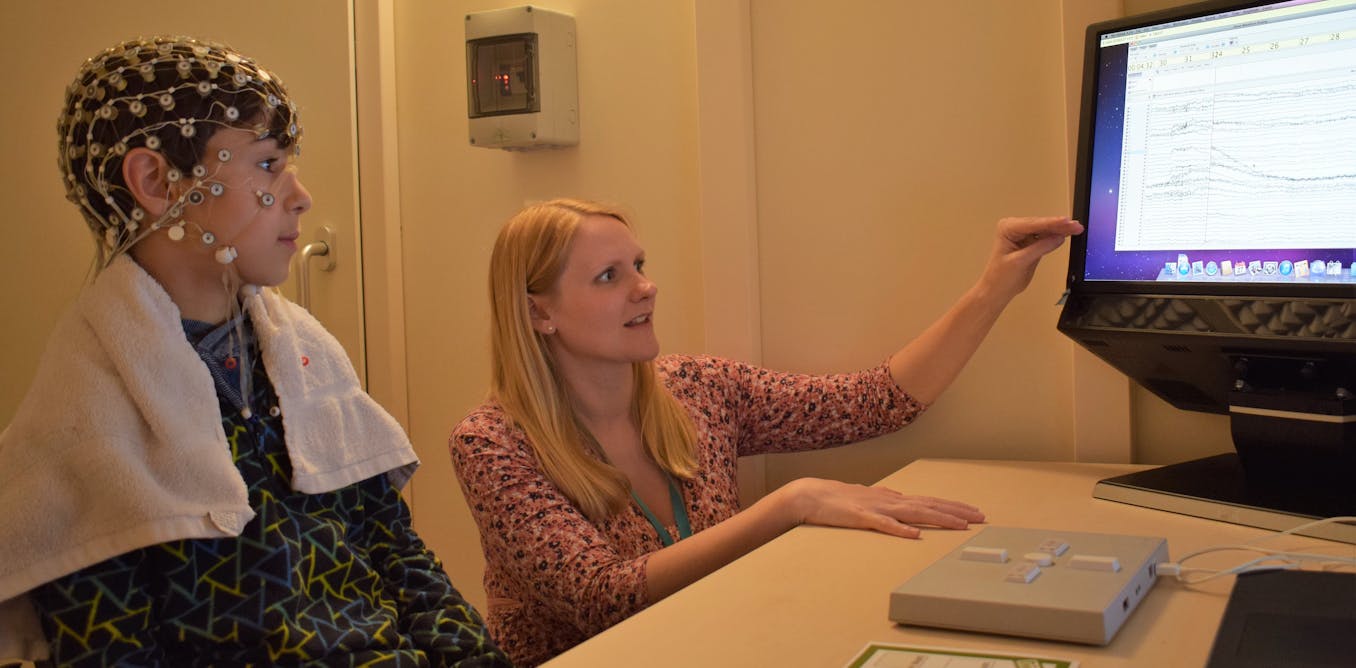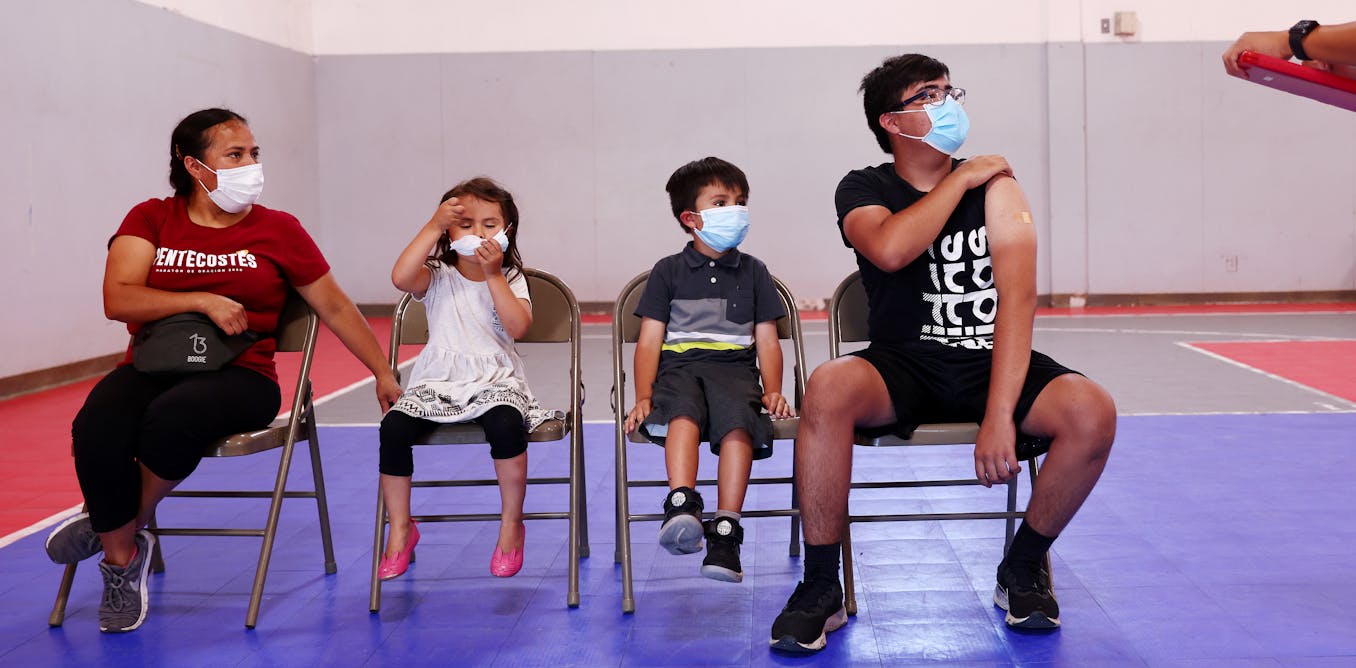Kids' neighborhoods can affect their developing brains, a new study finds
The latest findings add to the understanding of how social disadvantage such as poverty and low-quality, unsafe housing can affect early child development.
June 21, 2022 • ~6 min










